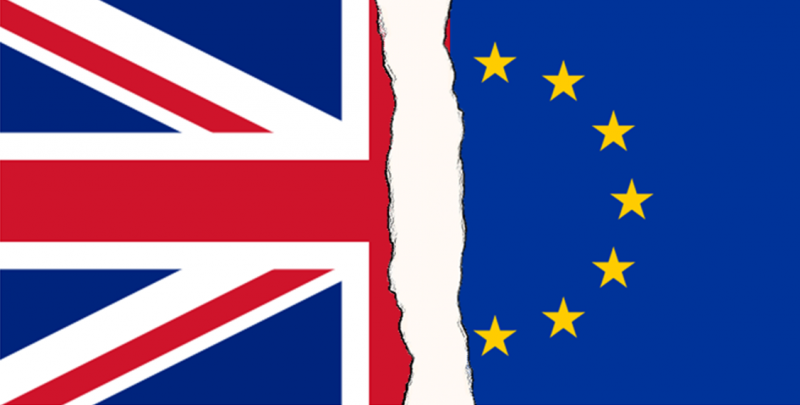Brexit and The Need for Great Leadership
Following the British public’s decision to withdraw from the EU, both of the major political parties face a crisis of leadership. David Cameron’s resignation has created a vacuum at the very top of government, whilst the “leadership coup” within Labour threatens to create a rift between the PLP and Labour’s grassroots at a time when the opposition needs to be stronger than ever. So what can we learn from the mayhem? And what sort of leaders does Britain need now?

Brexit has divided the country. The Remain campaign lost, and with them so did almost half of British voters – primarily those based in Scotland, Northern Ireland, and most of England’s major international cities. But exactly who has won is not yet clear.
Boris Johnson and Michael Gove seemed content to allow Nigel Farage to become the face of the Brexit win, with both making only brief and pensive appearances immediately after the result. This led many to speculate that the Leave campaign neither expected nor were prepared for the reality of Brexit, or for the damage that it has inflicted on the Tory party. And Cameron’s decision to leave triggering article 50 to his successor has placed even more pressure on whoever is chosen to replace him – for it will be that person who will be responsible for navigating Britain’s exit and all the complexities it brings with it.
It’s not a job for the faint-hearted, since pleasing the almost 48 percent of Britons who want to remain in the EU – including the Scottish and Northern Irish governments which are both threatening their own independence referendums, City firms on the cusp of losing prized EU access, and almost all of the existing cabinet – as well the remaining 52 percent, who expect Brexit to usher in radical changes to the way Britain deals with immigration, legislation, and democracy itself, will be almost impossible.
At the same time, the opposition, whose official position is pro-EU, will be expected, now more than ever, to apply sufficient pressure on the incoming “Brexit government” to ensure that our path out of Europe will neither further damage our economy, lead to a climate of xenophobia, or lose existing workers’ and human rights legislation handed down by the EU. None of this will be easy, and it will be all the more difficult if the in-fighting and uncertainty we see within Labour at the moment continues.
For both parties, then, good leadership is absolutely essential. Whoever these leaders are, we need them to work together to unify the British public, create a realistic and optimistic view of post-Brexit Britain, and to protect our country’s interests in what will be an incredibly turbulent time. Britain has had its fair share of great leaders, and I have no doubt that we will have many more. For now, I’m looking forward to a few weeks’ time, when both parties have stabilised, and we start to see productive solutions.
Are you happy with the result of the referendum? And who do you hope our new leaders will be?
Email me your thoughts.
